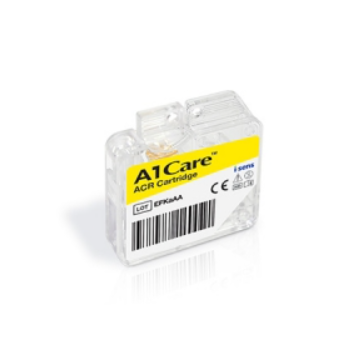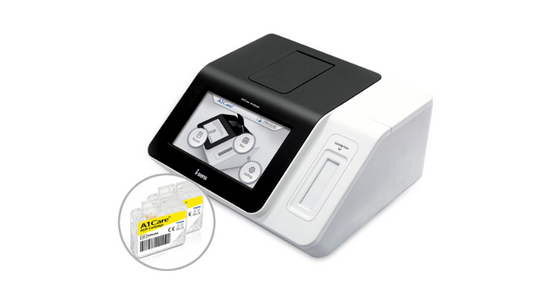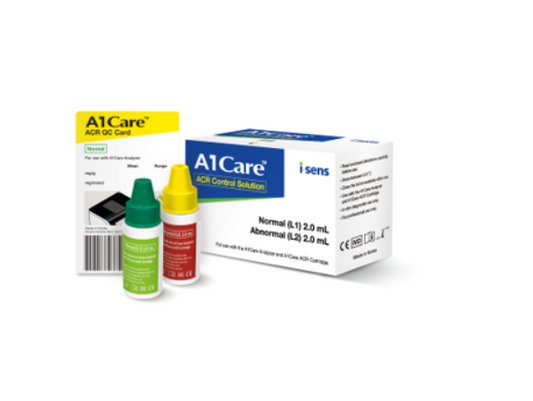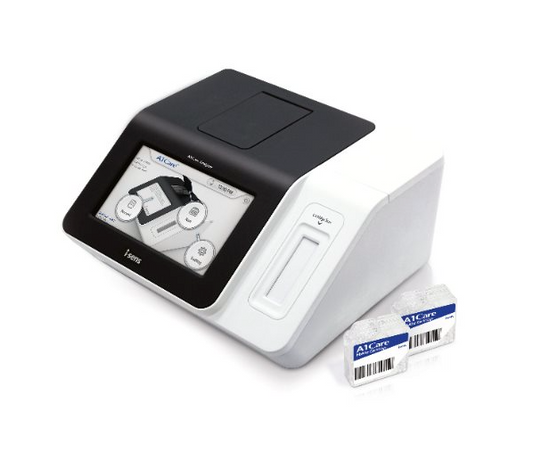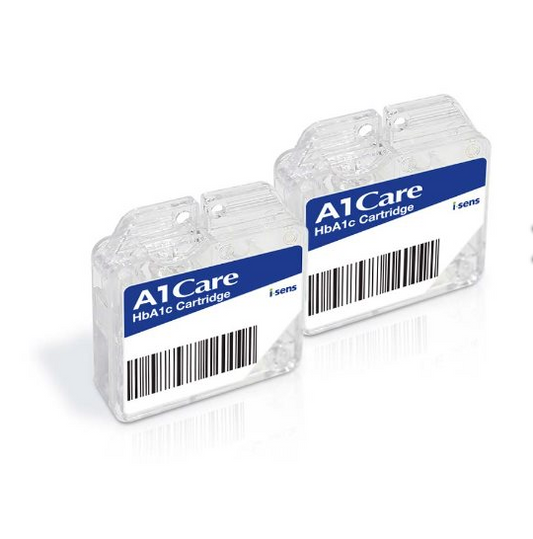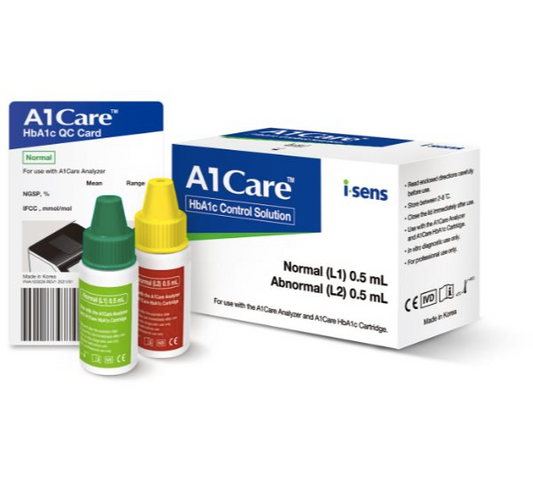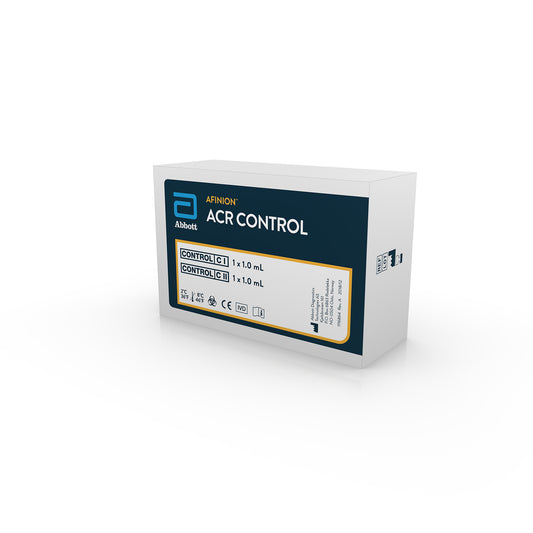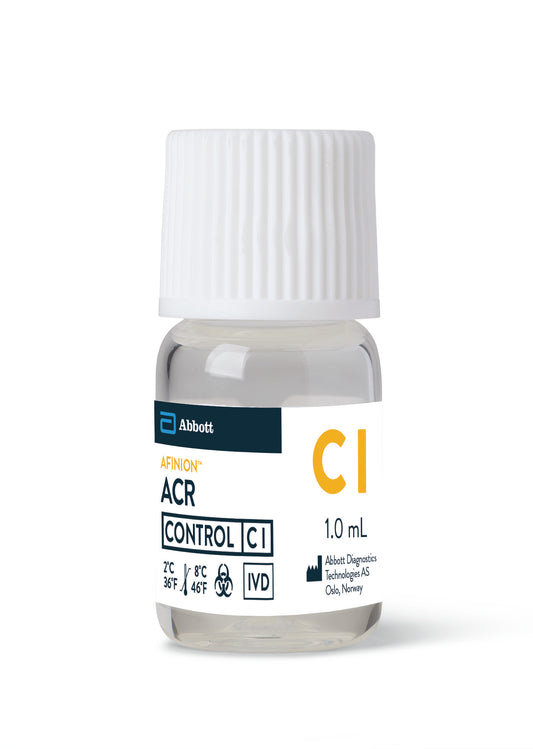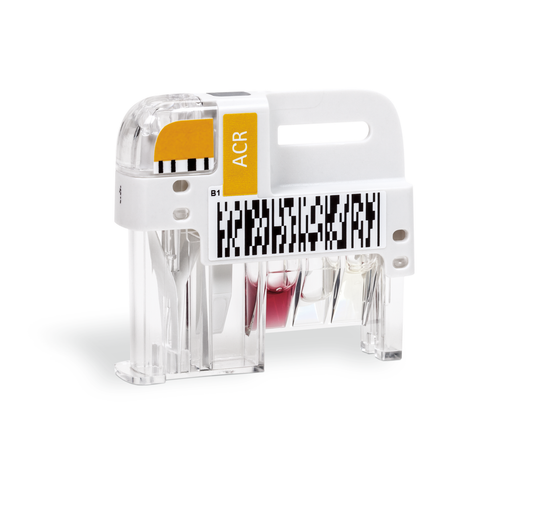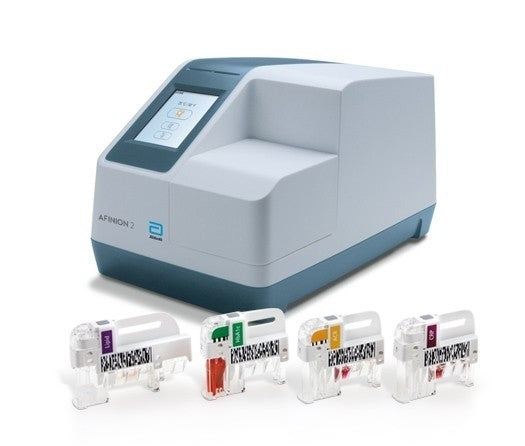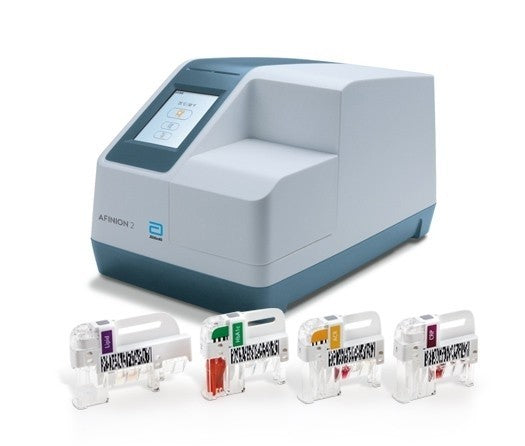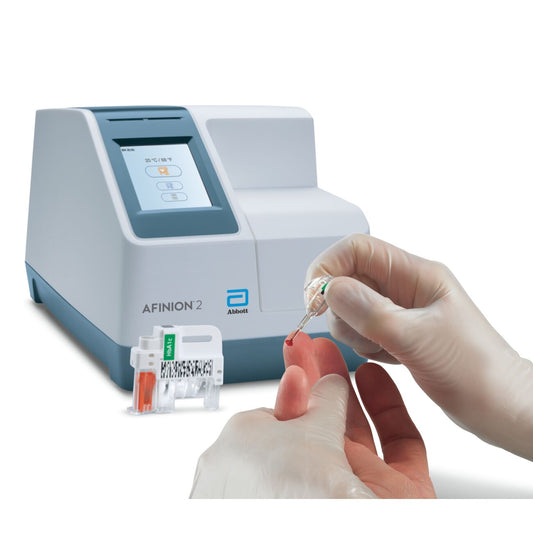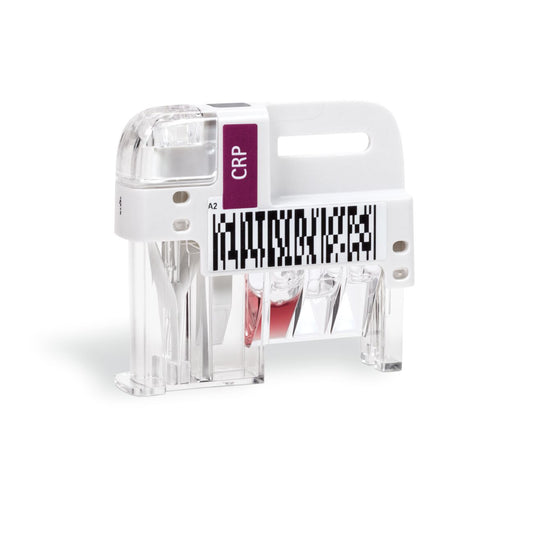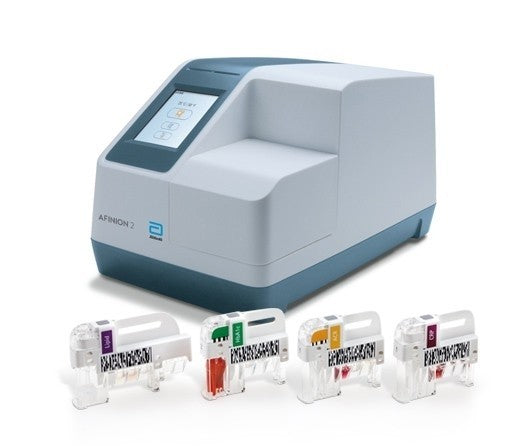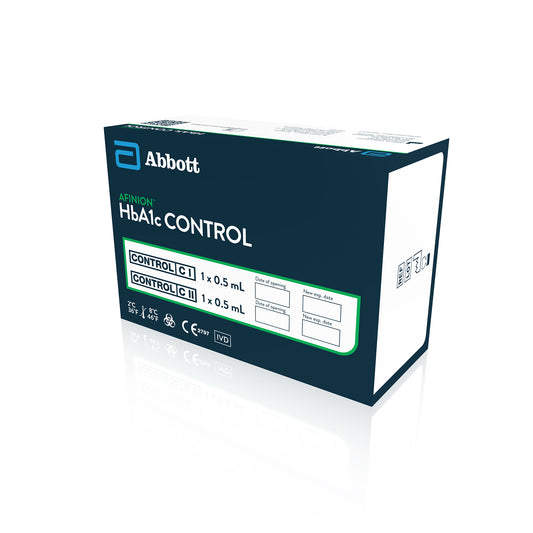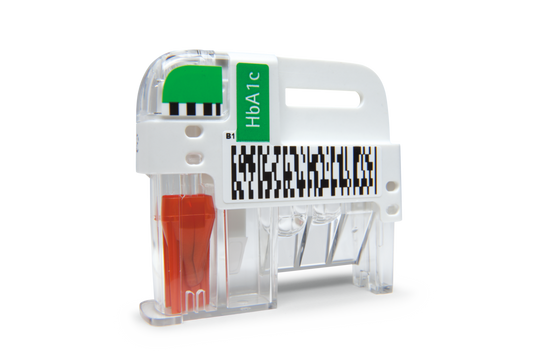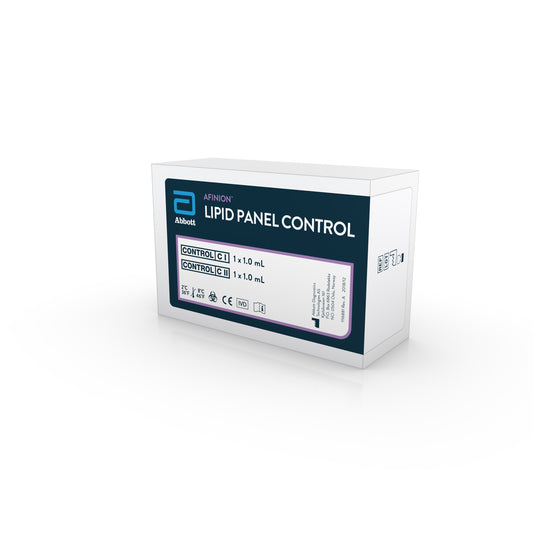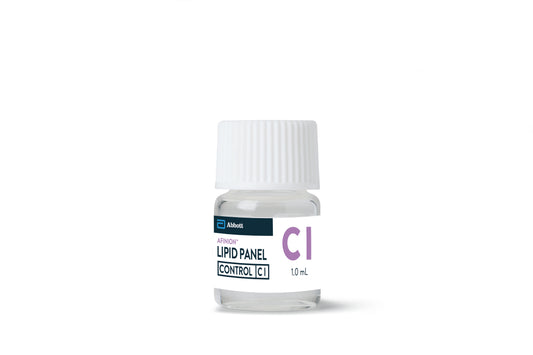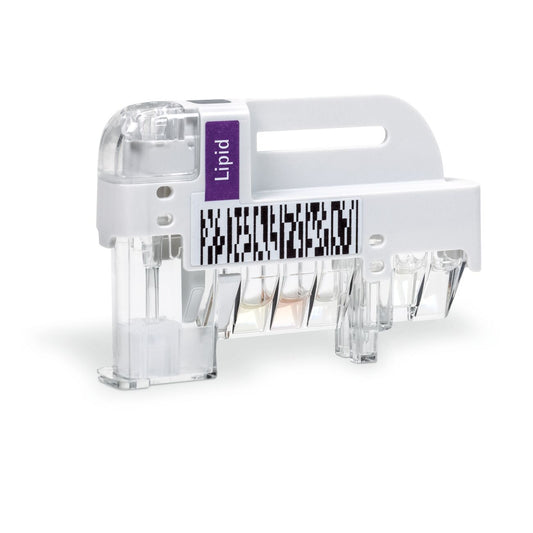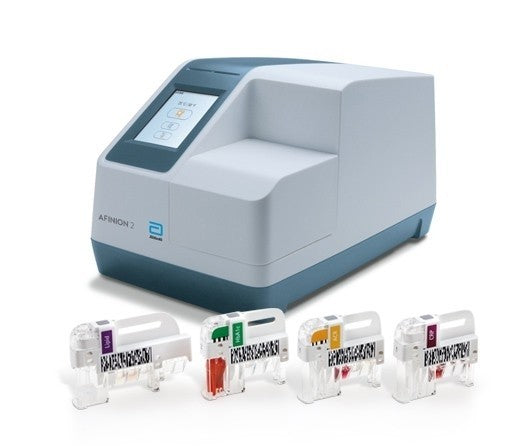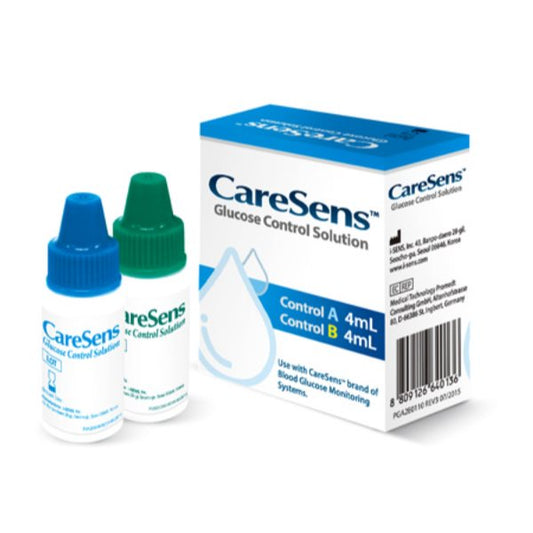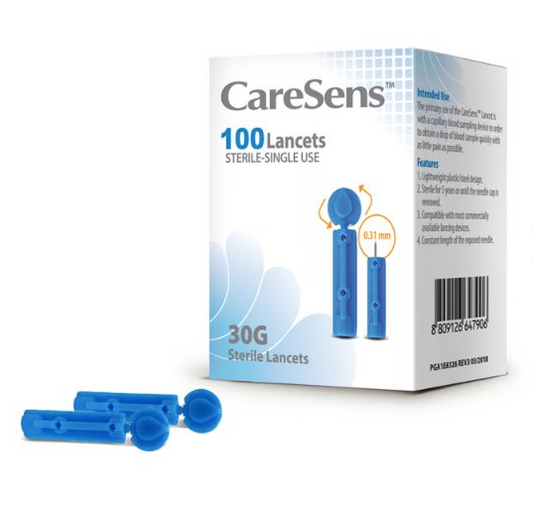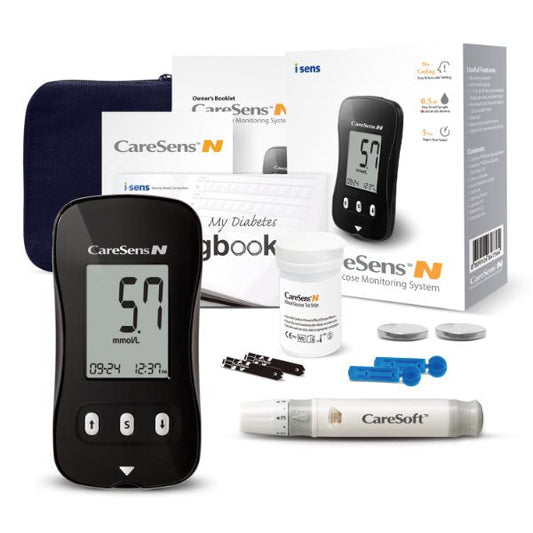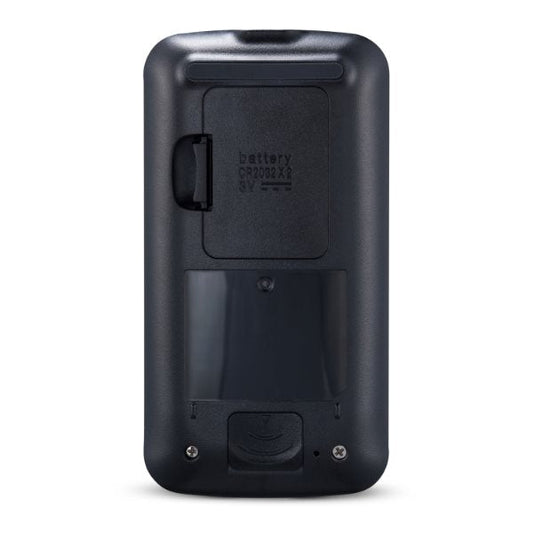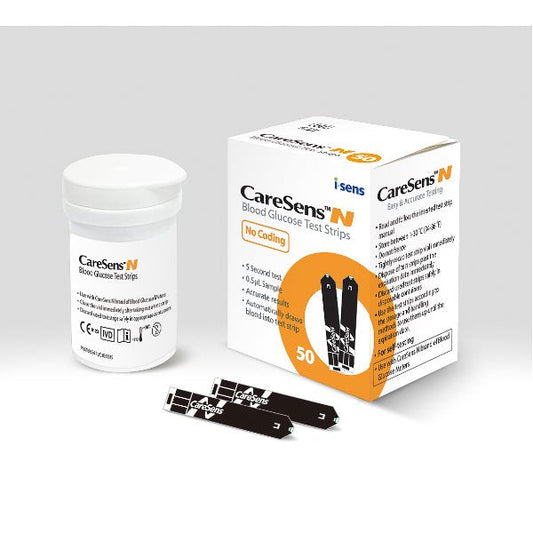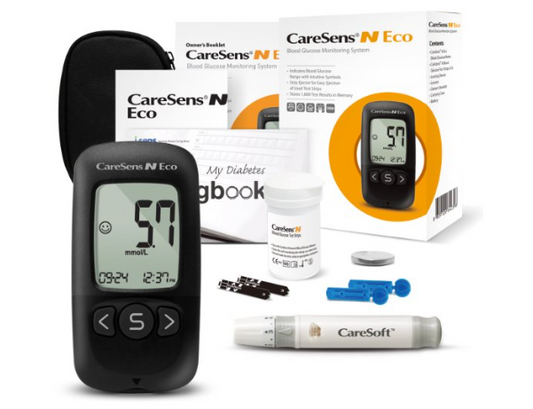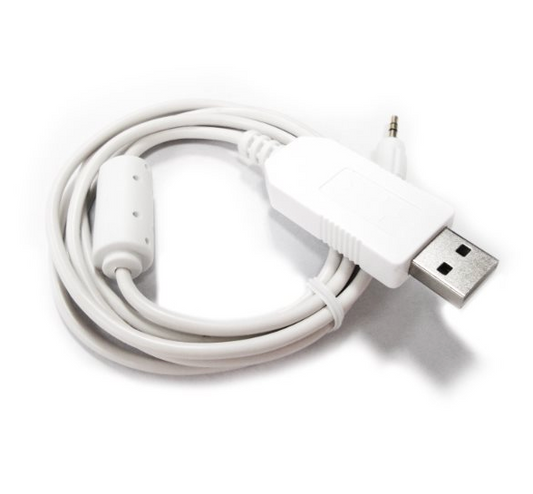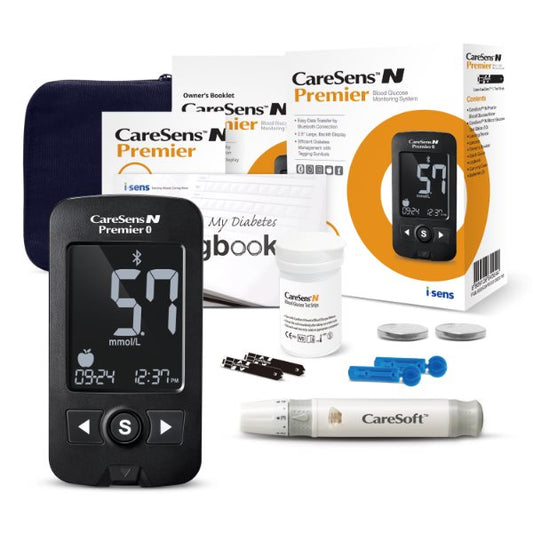-
A1Care ACR Cartridge
Vendor:i-SENS Inc.Regular price $0.00Regular priceUnit price per -
A1Care ACR Control Solution
Vendor:i-SENS Inc.Regular price $0.00Regular priceUnit price per -
A1Care Analyser
Vendor:i-SENS Inc.Regular price $0.00Regular priceUnit price per -
A1Care HbA1c Cartridge
Vendor:i-SENS Inc.Regular price $0.00Regular priceUnit price per -
A1Care HbA1c Control Solution
Vendor:i-SENS Inc.Regular price $0.00Regular priceUnit price per -
Afinion ACR Control
Vendor:Abbott Diagnostics Technologies ASRegular price $0.00Regular priceUnit price per -
Afinion ACR Test Cartridge
Vendor:Abbott Diagnostics Technologies ASRegular price $0.00Regular priceUnit price per -
Afinion AS100/ Afinion 2
Vendor:Abbott Diagnostics Technologies ASRegular price $0.00Regular priceUnit price per -
Afinion CRP Test Cartridge
Vendor:Abbott Diagnostics Technologies ASRegular price $0.00Regular priceUnit price per -
Afinion HbA1c Control
Vendor:Abbott Diagnostics Technologies ASRegular price $0.00Regular priceUnit price per -
Afinion HbA1c Test Cartridge
Vendor:Abbott Diagnostics Technologies ASRegular price $0.00Regular priceUnit price per -
Afinion Lipid Panel Control
Vendor:Abbott Diagnostics Technologies ASRegular price $0.00Regular priceUnit price per -
Afinion Lipid Panel Test Cartridge
Vendor:Abbott Diagnostics Technologies ASRegular price $0.00Regular priceUnit price per -
CareSens Glucose Control Solution
Vendor:i-SENS Inc.Regular price $0.00Regular priceUnit price per -
CareSens Lancets
Vendor:i-SENS Inc.Regular price $0.00Regular priceUnit price per -
CareSens N Blood Glucose Monitoring Meter Kit
Vendor:i-SENS Inc.Regular price $0.00Regular priceUnit price per -
CareSens N Blood Glucose Test Strips
Vendor:i-SENS Inc.Regular price $0.00Regular priceUnit price per -
CareSens N Eco Blood Glucose Monitoring Meter Kit
Vendor:i-SENS Inc.Regular price $0.00Regular priceUnit price per -
CareSens N Meter Portfolio Download Cable
Vendor:i-SENS Inc.Regular price $0.00Regular priceUnit price per -
CareSens N Premier Blood Glucose Monitoring Meter Kit
Vendor:i-SENS Inc.Regular price $0.00Regular priceUnit price per
Collapsible content
Why is it necessary to monitor blood glucose level in diabetes management?
Many people living with uncontrolled diabetes have increased risk of microvascular complications and death.
Diabetes of all types can lead to complications in many parts of the body and can increase the overall risk of dying prematurely.
Possible complications include heart attack, stroke, kidney failure, leg amputation,
vision loss and nerve damage. In pregnancy, poorly controlled diabetes increases the risk of fetal death and other complications.
(WHO Global report on diabetes)
What are the global coverage targets for diabetes?
For the first time ever, WHO Member States have supported the creation of global targets for diabetes, the five new targets set the standard that, by 2030:
- 80% of people living with diabetes are diagnosed
- 80% have good control of glycaemia
- 80% of people with diagnosed diabetes have good control of blood pressure
- 60% of people with diabetes of 40 years or older receive statins
- 100% of people with type 1 diabetes have access to affordable insulin and blood glucose self-monitoring.
The aim is to reduce the risk of diabetes, and move towards a world where all people who are diagnosed with diabetes have access to equitable, comprehensive, affordable and quality treatment and care.
(WHO 75th World Health Assembly)
What is the role of Hb1Ac testing in diabetes management?
HbA1c can be used as a diagnostic test for diabetes providing that stringent quality assurance tests are in place and assays are standardised to criteria aligned to the international reference values, and there are no conditions present which preclude its accurate measurement.
An HbA1c of 6.5% is recommended as the cut point for diagnosing diabetes. A value of less than 6.5% does not exclude diabetes diagnosed using glucose tests.
HbA1c reflects average plasma glucose over the previous eight to 12 weeks. It can be performed at any time of the day and does not require any special preparation such as fasting. These properties have made it the preferred test for assessing glycaemic control in people with diabetes. More recently, there has been substantial interest in using it as a diagnostic test for diabetes and as a screening test for persons at high risk of diabetes
(Use of Glycated Haemoglobin (HbA1c) in the Diagnosis of Diabetes Mellitus: Abbreviated Report of a WHO Consultation. Geneva: World Health Organization; 2011. 2, Glycated haemoglobin (HbA1c) for the diagnosis of diabetes)
Useful links
-
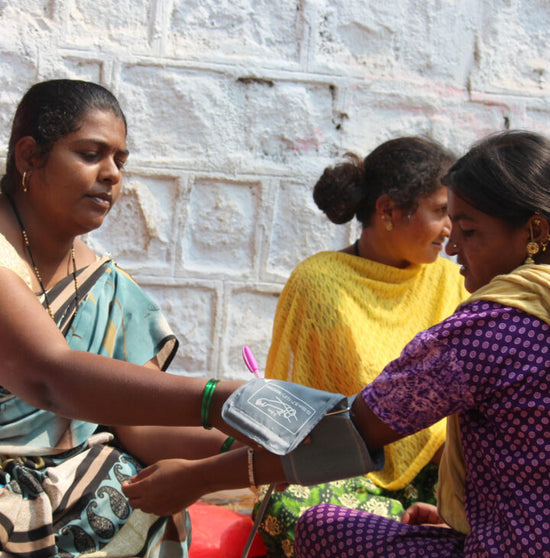
Non-communicable disease programme at FIND
Read moreWe are working to stop people dying prematurely because of NCDs, by increasing the availability, affordability and uptake of essential diagnostics for diabetes and other cardiometabolic conditions.
-
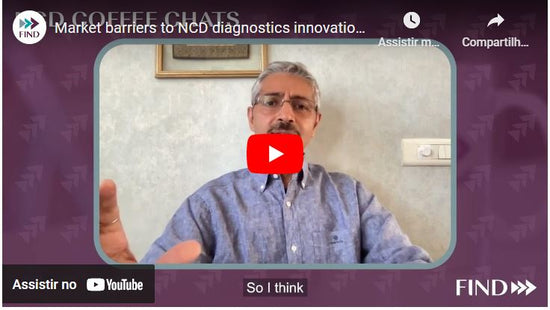
Market barriers to NCD diagnostics innovation for LMICs
WatchIn this video, James Hazel (Research Programme Manager, Access to Medicine Foundation) and Sanjay Sarin (Vice President, Access, FIND), are discussing market barriers to NCD diagnostics innovation for LMICs.
-
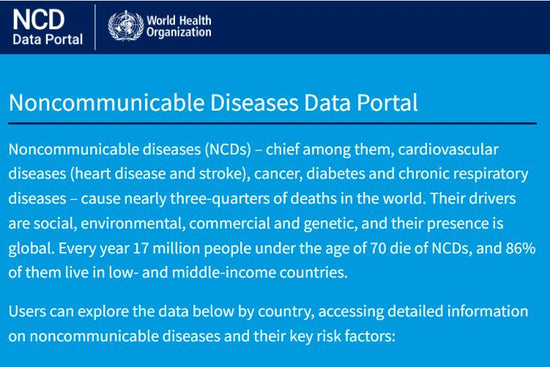
WHO non-communicable diseases data portal
Read moreThe noncommunicable diseases data portal aims to raise awareness on progress in tackling NCDs and their risk factors and strengthen accountability for action by countries.

